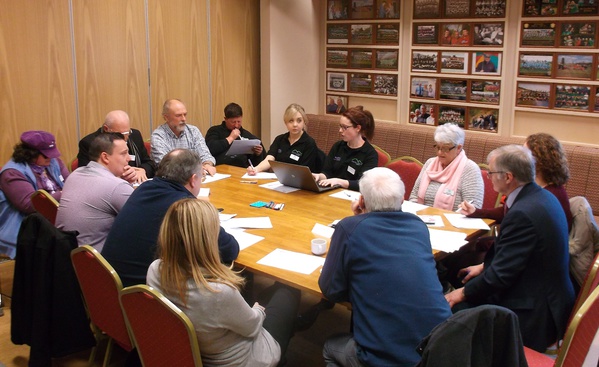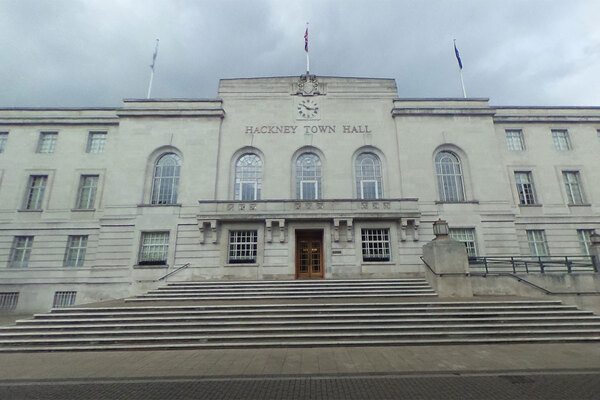You are viewing 1 of your 1 free articles
Mutual benefits
Mutualism can encourage efficiency in the sector, while helping to protect against austerity, Kevin Gulliver
Each year, Co-operatives Fortnight coincides with the Chartered Institute of Housing’s annual conference in Manchester.
The successes of the co-operative economy are manifold. Far greater growth rates are recorded than in the mainstream economy, more sustainable business models are promoted and higher satisfaction of both consumers and workers is registered. The UK’s mutual economy is now valued at £37bn annually and has grown by a quarter in the past six years.
Social housing should be actively importing mutual values and models of development and management. But co-operative housing remains significantly under-developed in the UK. While there are almost 1,000 mutual housing organisations managing 200,000 homes, this represents less than 2% of the UK’s housing stock.
A report published by the University of Westminster in March for Amicus Horizon calculated that greater levels of resident involvement save the 28,000-home landlord almost £3m annually.
Other evidence has been assembled in a report by the Human City Institute, which found that mutual housing in the social sector achieves higher levels of housing management performance and tenant satisfaction. Despite these benefits, the Right to Manage for tenants in social housing, a major route to greater resident involvement, is under-deployed.
We need mainstream social housing to embrace mutualism. Importing mutual values and models into social housing will not only enable a more efficient sector to emerge, but one that improves the lives of tenants while providing a bulwark against poverty, disadvantage and austerity through the control of community assets.
Kevin Gulliver, director, Human City Institute









